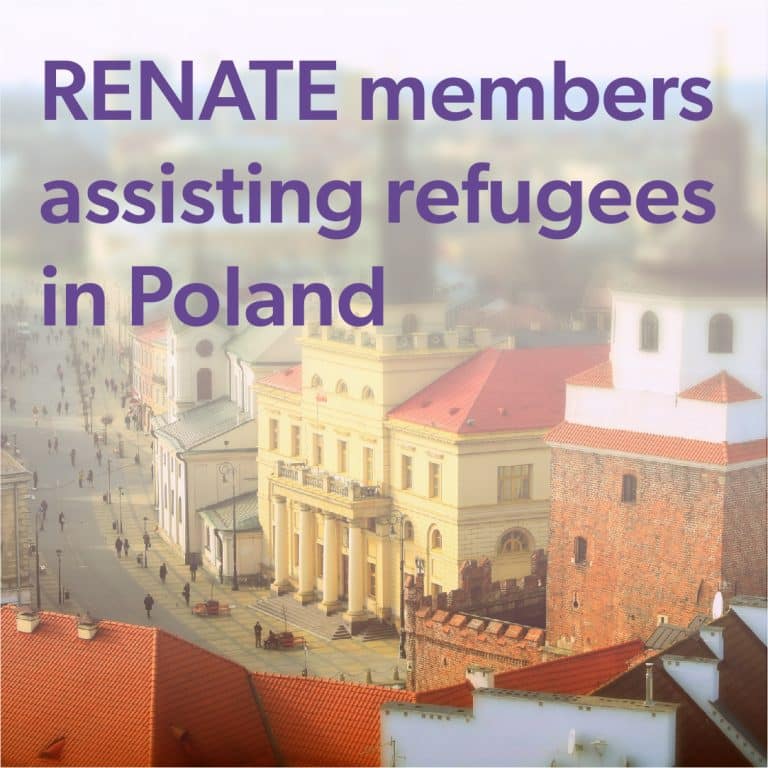
RENATE members providing assistance at the UKRANIAN border
Update from RENATE member, Sr. Gabriela Hasiura
“At present, the Polish community is really amazing with its hospitality by accepting war refugees into their own homes.
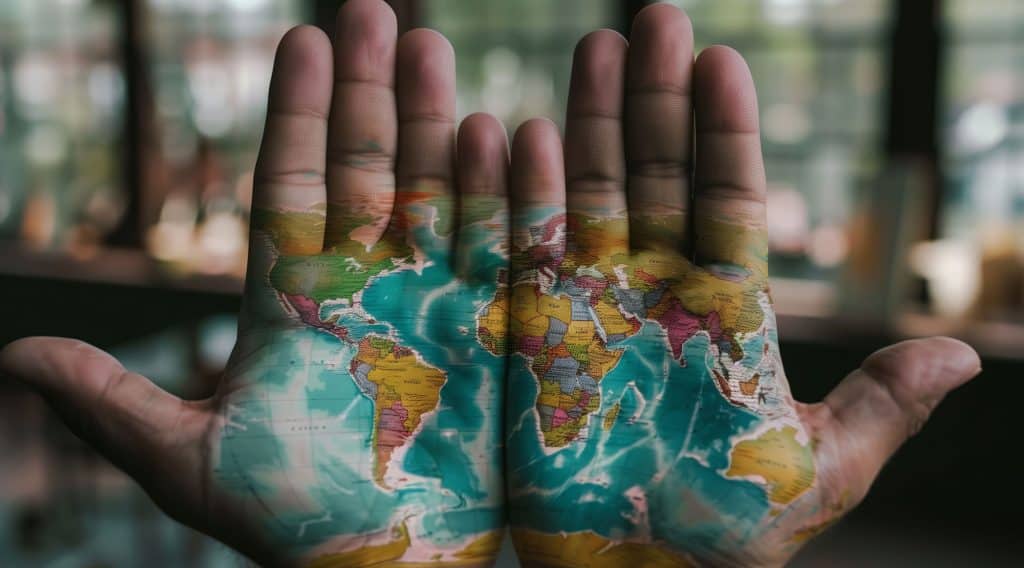
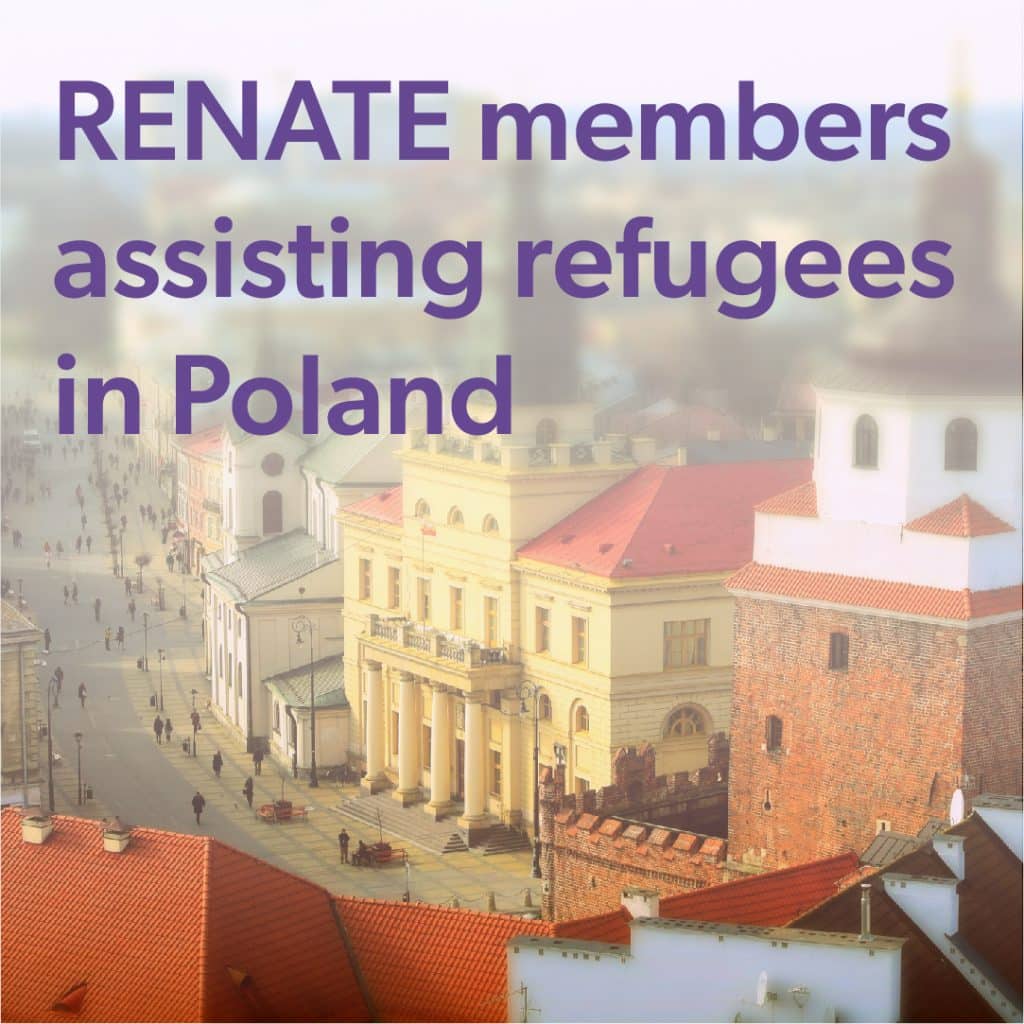

“At present, the Polish community is really amazing with its hospitality by accepting war refugees into their own homes.
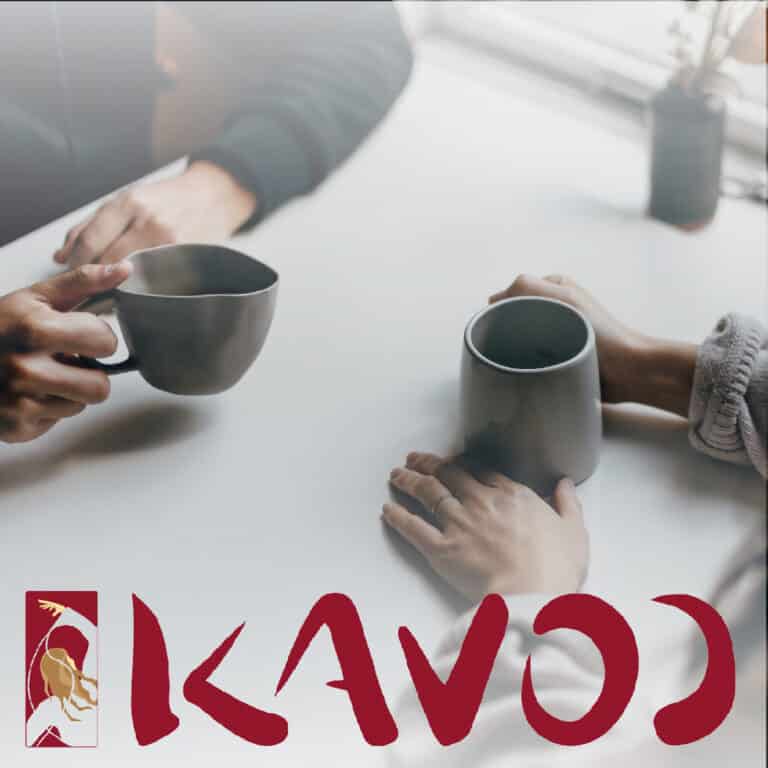
Since I was in Poland, I always had to think about the situation on the Romanian/Ukrainian border and I was worried about how it would go there.
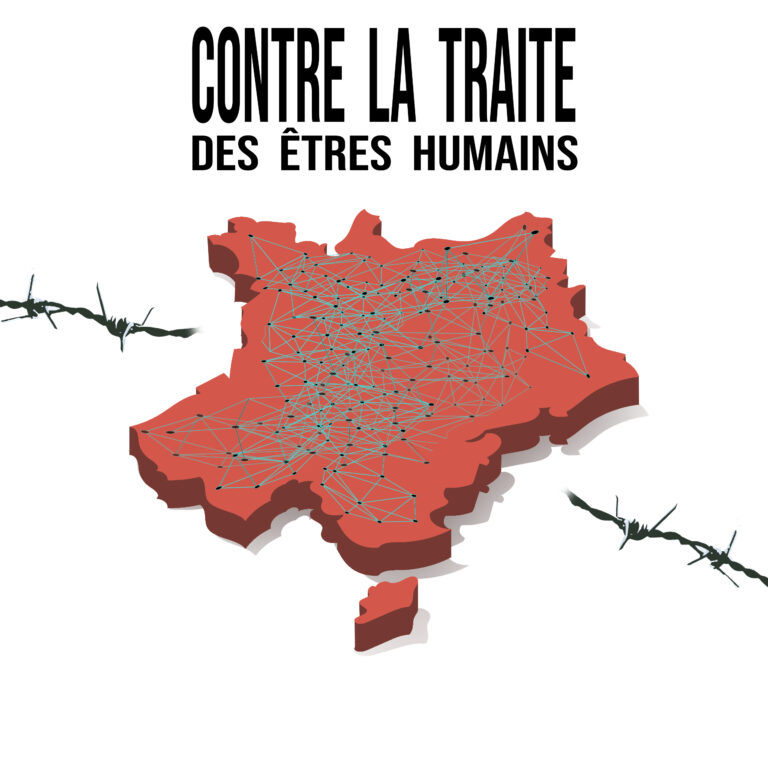
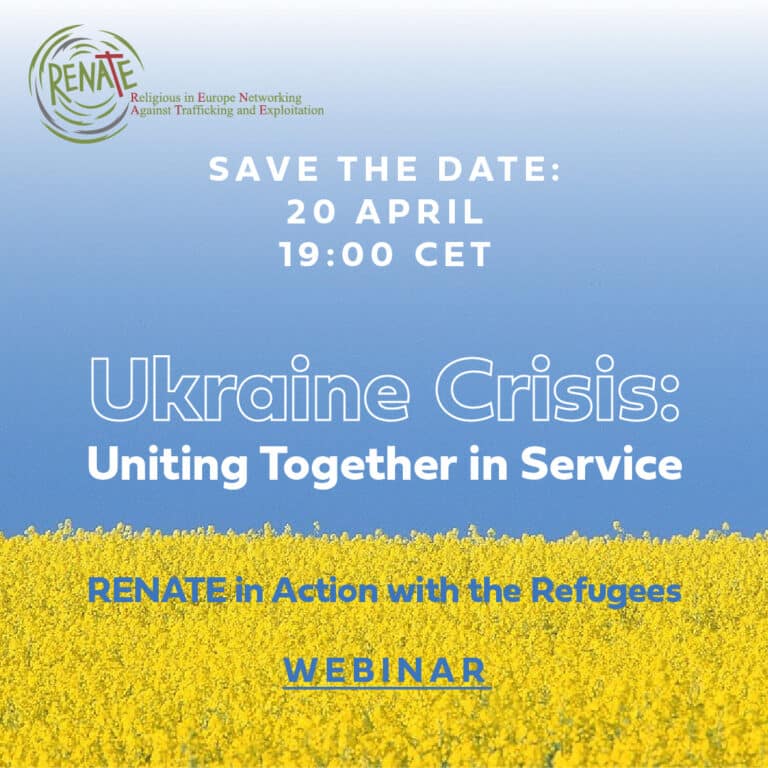
On 20th April at 19:00 CET, RENATE will hear from its members at work in several of the countries bordering Ukraine, providing assistance in any way possible for the many refugees fleeing the war.
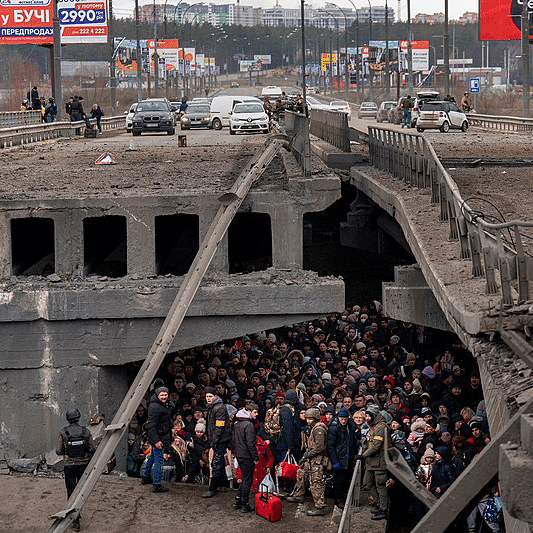
Article source: Global Sister’s Report
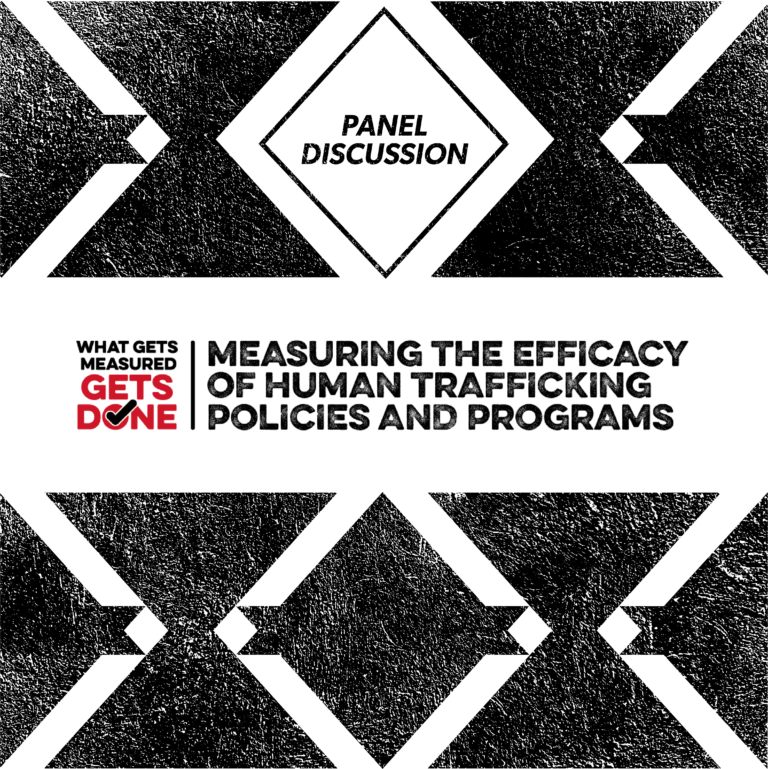
The NGO conglomerate Justice Coalition of Religious extends an open invitation to its upcoming panel discussion this Wednesday, to discuss how to monitor the efficacy of programmes,